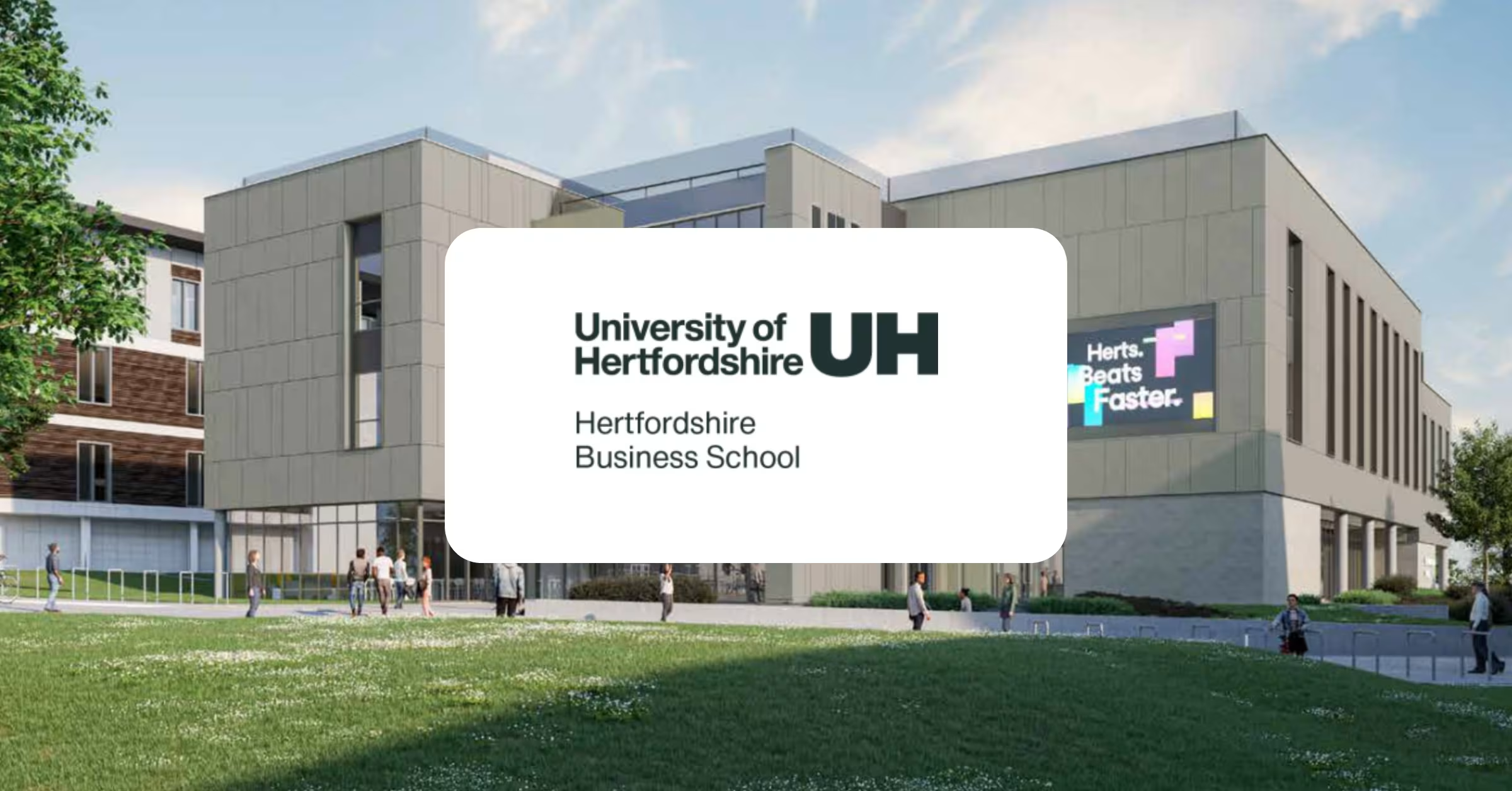Enhanced Peer Feedback by letting students rate the reviewer at Vrije Universiteit
Since its foundation, Vrije Universiteit Amsterdam has stood for scientific and value-driven education, research and knowledge transfer. We are free thinkers with expertise and A Broader Mind. And we work together to build a better world for people and the planet.
Dr. Danny Scholten is a lecturer of Innovations in Human Health and Life Sciences.
Since its foundation, Vrije Universiteit Amsterdam has stood for scientific and value-driven education, research and knowledge transfer. We are free thinkers with expertise and A Broader Mind. And we work together to build a better world for people and the planet.
Dr. Danny Scholten is a lecturer of Innovations in Human Health and Life Sciences.
Context
This pharmaceutical sciences course aims to develop students’ academic skills, including scientific writing, discussion, comprehension, critical thinking, presentation, and feedback skills. These skills are often referred to as academic soft skills. As part of this course, students need to write a literature report.
By introducing Peer Review, the instructor aimed to improve on students’ feedback skills as well as final reports in the class. Through reducing the complexity of the feedback process and predetermining the review criteria, teachers aimed to increase the quality of students’ work while saving time. The peer assessment of each other’s group reports is a mandatory pass/fail element of this course and participation is monitored by the instructor.



Learning objectives
- Students are able to critically (self)reflect on their feedback
- Students are able to provide substantive and constructive feedback on the work of others based on predefined criteria
Learning activities
For the Peer Review assignment, counting 20% towards the final grade, students give feedback on the draft literature report of another group, consisting of three students. Students need to address all questions related to the assessment criteria (e.g. structure, contents, argumentation, etc.). Students rate the quality of the feedback that they receive from three other students and also analyse whether the feedback addresses all relevant criteria. Feedback throughout the course is used to facilitate writing a final report. Additionally, students need to write a reflection based on the received feedback.
Learner activities based on the Bloom taxonomy are mainly at the level of:
- Applying and Analysing: students practice critical thinking and reading skills throughout the course activities.
- Evaluating: students also practice with collaborating, critical reflection on one's own skills and the process of giving feedback.
Evaluation and assessment
The instructor reviews the group report and checks if the students completed the peer feedback activities. In addition the instructor gives students feedback on both objectives: ‘students are able to critically (self)reflect’ and ‘students are able to provide constructive feedback’. Here, the instructor also takes into account how the students have rated the feedback of others.
Students are also responsible for assessing each other, by rating the quality of their peers’ constructive feedback.
Unlike in previous years, there were no longer any complaints about the feedback process.
Notable outcomes
- Students were required to write comments about each criterion, which resulted in students giving more complete feedback.
- The instructors found a strong positive correlation between the quality of final work (after feedback) and the quality of submitted drafts.
- Groups that did not work well together were more likely to suffer in their grades.
- After the students had rated the feedback of their reviewers and the instructor averaged the scores of all reviewers as an indicator of feedback quality, random review reports were manually checked by the instructors. Instructors’ review scores generally matched the scores given by students.
- Previously, the feedback was given per group on another group. As a consequence, in the case of a weaker or less active group, the quality of the provided feedback may be rather poor. This issue was less apparent this year since groups received feedback from three random individuals.
Instructor Role
- The instructor first explained to students that peer feedback was a mandatory part of the course, a pass or fail. Next it was emphasised why peer feedback is valuable for groups and how students can improve their learning by participating.
- After the submission deadline, the instructor gave instructions during class how to give feedback with FeedbackFruits (20-25 min max). For students who did not reflect at first (which is shown in the FeedbackFruits overview), the instructor personally asked students to reflect in order to learn from it.
- As previously mentioned, the instructor randomly reviewed some of the reports.
- The instructor gave feedback to the students, also taking into account the average of the feedback ratings students’ received from their peers.
Technical Value Added
FeedbackFruits provided a better overview of where all students are in the process (progress analytics). An example of this was that the instructor could take direct action when students did not meet the submission deadline.
FeedbackFruits significantly optimised the logistics of the feedback process. According to the instructors the process was less time consuming and also the process of organising feedback was less ‘fragmented’.
Didactic advantages of the technology include the possibility of linking feedback directly to the rubric assessment criteria and requiring students to write comments for each assessment criterium.
Possible Variation
Group dynamics were an important factor in overall performance and quality of work: the class will now be using Group Member Evaluation in order to give more focus to the way that groups are set-up and work with each other.




.avif)
.avif)



